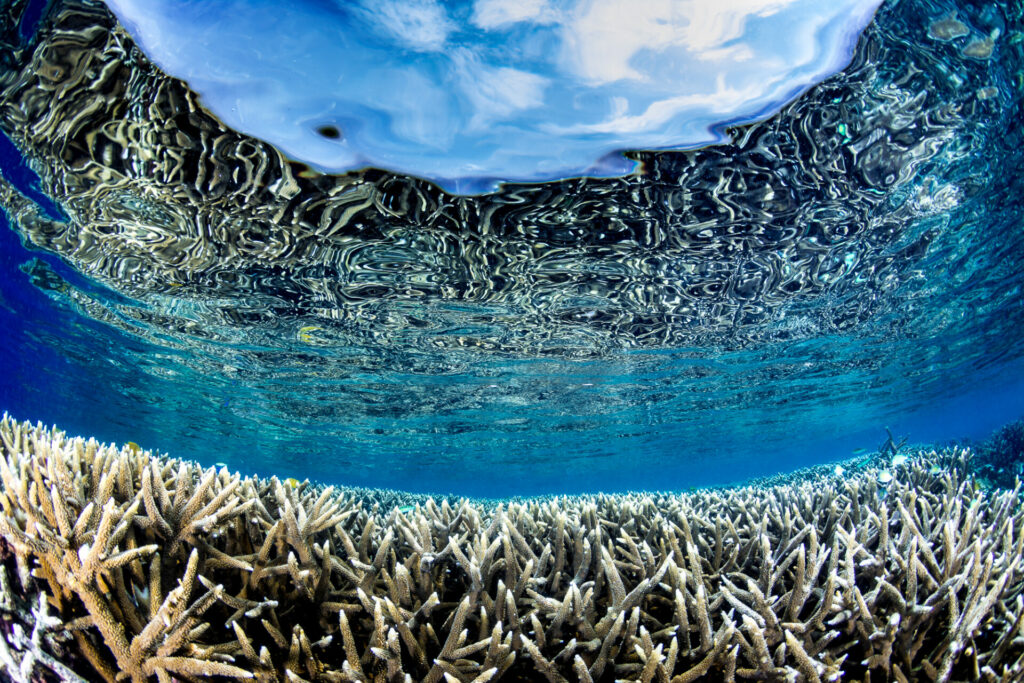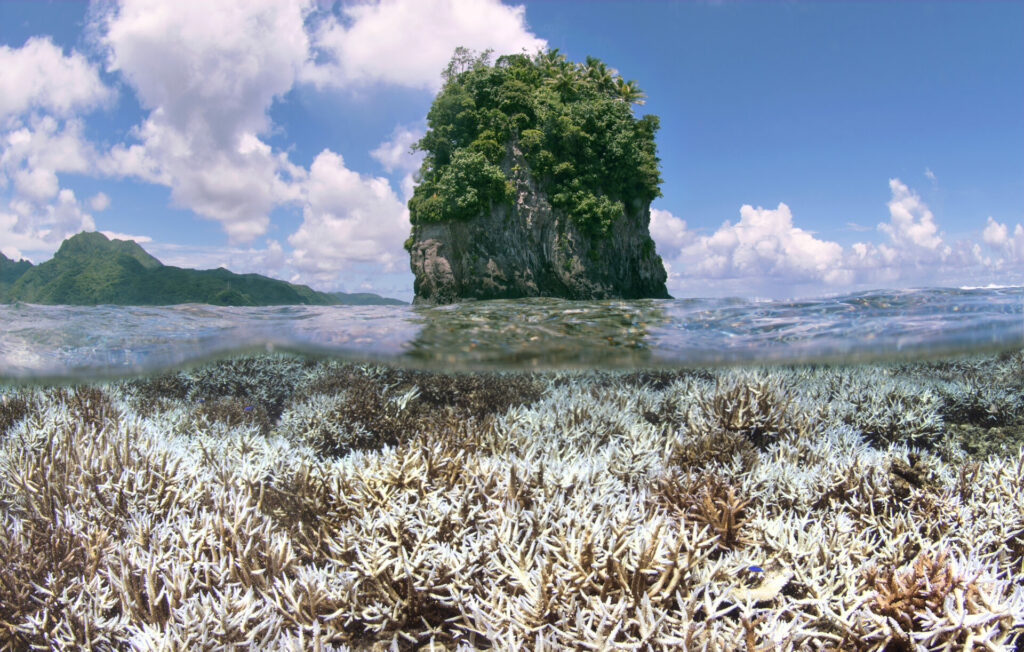Monday marked the beginning of the intergovernmental conference to draft the first-ever treaty on the ocean’s biological diversity, opening its fifth and likely final session on Monday.
During the Ocean Conference, which took place in Lisbon at the end of June and which saw stakeholders vow to reverse the deteriorating health, resilience and productivity of the ocean and its resources through hundreds of commitments, stakeholders made many calls for the Intergovernmental Conference to promptly conclude its work on the treaty.
“I am hopeful that we can make real progress in these two weeks, with the aim of finalizing the agreement as soon as possible,” said conference President Rena Lee.
The treaty's main focus will be to address the conservation and sustainable use of marine biodiversity in areas of the ocean which are beyond the limits of national maritime zones.
Rising urgency
A series of conferences was set in motion in 2018 to draft international legislation under the 1982 UN Convention on the Law of the Sea. on the conservation and sustainable use of marine biological diversity in these areas.
The current negotiations will also address marine genetic resources, including questions on benefit-sharing, measures such as area-based management tools, environmental impact assessments, and the transfer of marine technology.

Credit: Matt Curnock / Ocean Image Bank
As the need for a treaty, Lee urged Member States to “squeeze our creative juices to find solutions that can garner consensus” and to exercise utmost flexibility to find the consensus needed.
“Let us strive to deliver on an agreement that will be fair, balanced, implementable and which will attract universal participation. Let us not let the perfect be the enemy of good."
Related News
- Dangerous levels of chemicals found in rainwater globally, even in Antarctica
- Climate: Antarctic sea ice reaches its lowest level for July
- Rising levels and warmer water: Effects of climate change on seas increasingly evident
UN Legal Counsel Miguel de Serpa Soares stated that there is no better way to show the determination of Member States to act than "finalising a robust agreement that ensures the conservation and sustainable use of marine biological diversity in the largest spaces of the ocean."
He expressed hope that delegates will exercise even greater flexibility to ensure the ocean “gets what it urgently needs” and not let marine biodiversity collapse on their watch.

